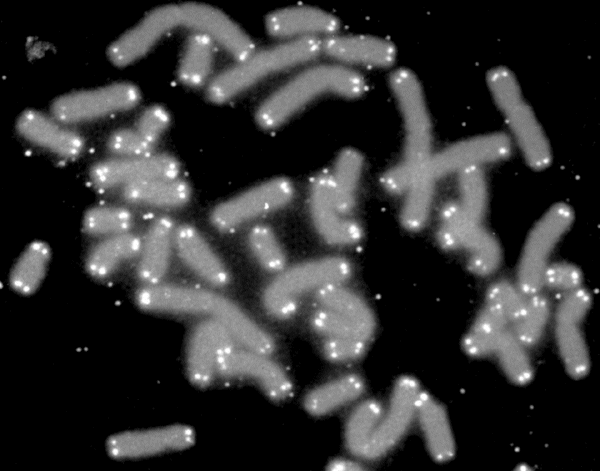$1M Gene Treatment May Pose Threat to Human Guinea Pigs
A group called Libella Gene Therapeutics, based in Manhattan, Kansas, has begun offering gene therapy to repair telomeres at a Colombia clinic for $1 million a dose, according to a story in MIT Technology Review. If the “pay-to-play clinical trial” sounds familiar, that’s because hundreds of gene therapy efforts for disease sufferers desperate for a cure have failed over the past two decades.
“The dangers are enormous,” says Jerry Shay, a world expert on aging and cancer at the University of Texas Southwestern Medical Center told MIT. “There’s a risk of activating a pre-cancerous cell that’s got all the alterations except telomerase, especially in people 65 and over.”
At least two U.S. citizens have signed up for the gene therapy treatment, giving the company $1 million each to be tested with the unsanctioned therapy, according to the company. A 90-year-old-woman and a 79-year-old man will receive the gene therapy by the second week of January 2020.
“While telomere-extending treatments in mice have yielded intriguing results, nobody has demonstrated that tweaking the molecular clocks has benefits for humans,” MIT reported.
According to the study on mice, telomerase treatment of those at 1-year and at 2-years of age had an increase in median lifespan of 24 and 13%, respectively.
Libella said it decided to do the tests offshore because of FDA delays in drug approvals. According to their post on clincaltrials.gov, the injections would be carried out at the IPS Arcasalud SAS medical clinic in Zipaquirá, Colombia, 40 kilometers (25 miles) north of Bogotá.
While some gene therapies have yielded successful results, others have resulted in death and disappointment. However, companies believe that the risks are worth the rewards, according to the Alliance for Regenerative Medicine, which reports 400 clinical trials underway, the majority for cancer treatment.








Leave A Comment